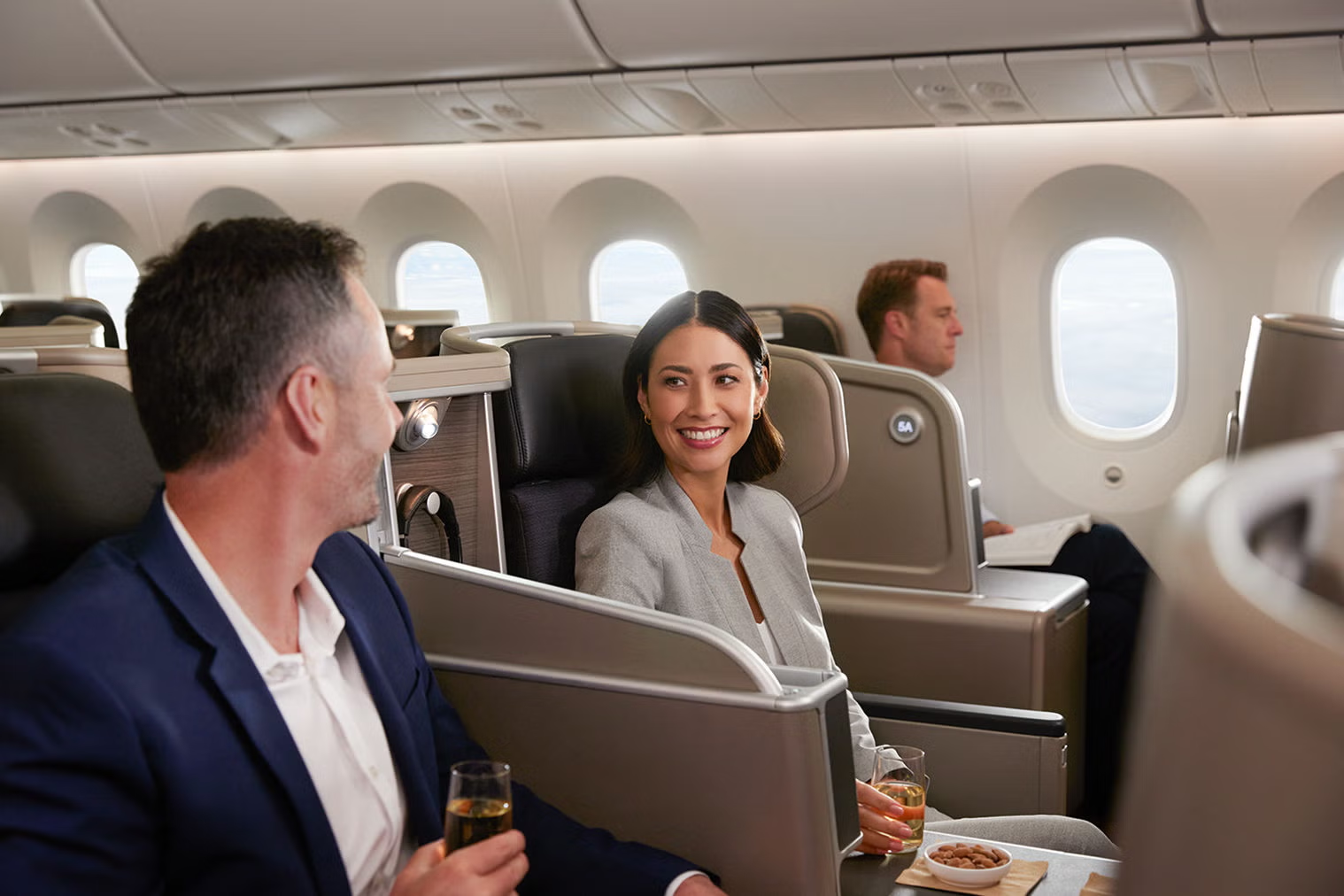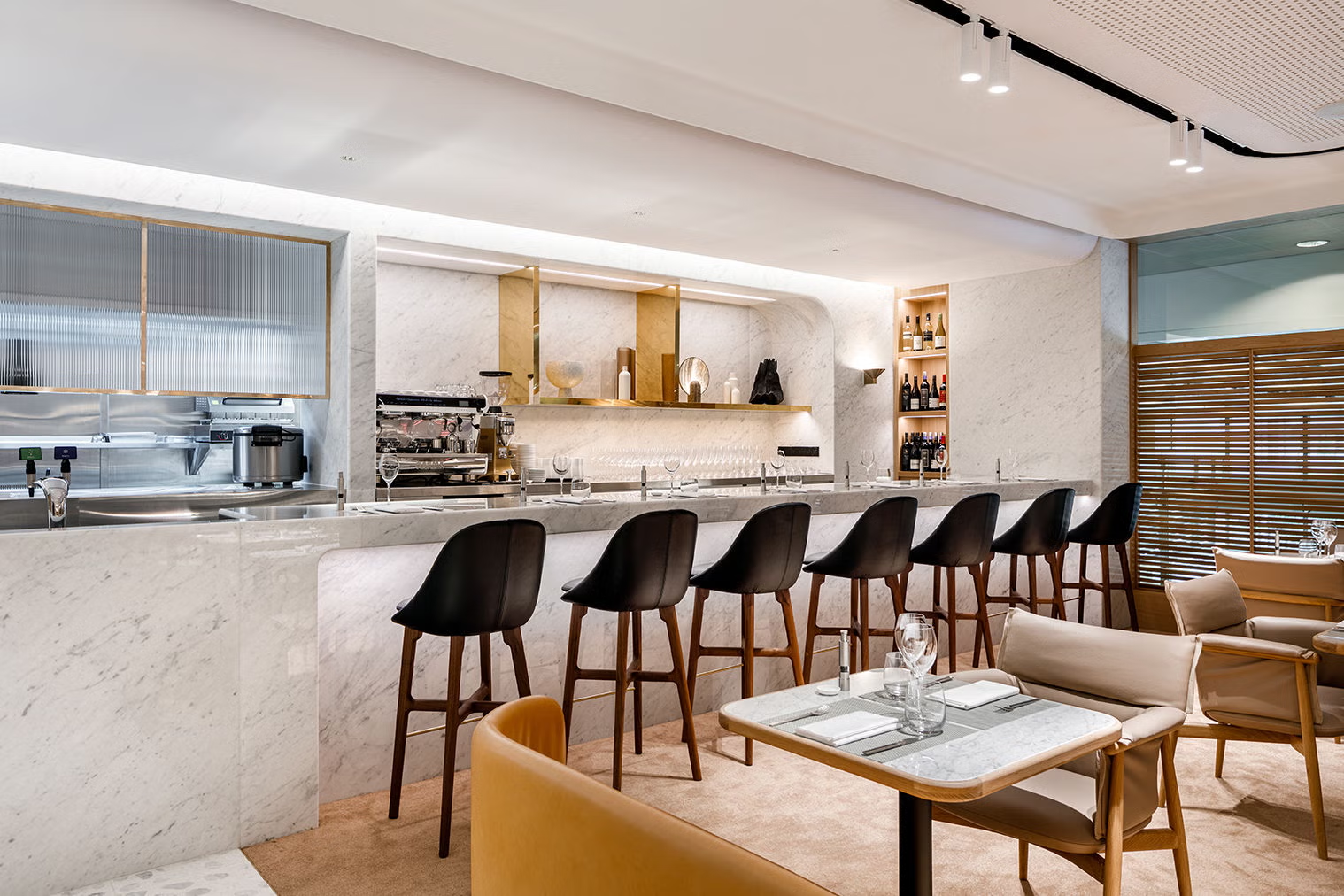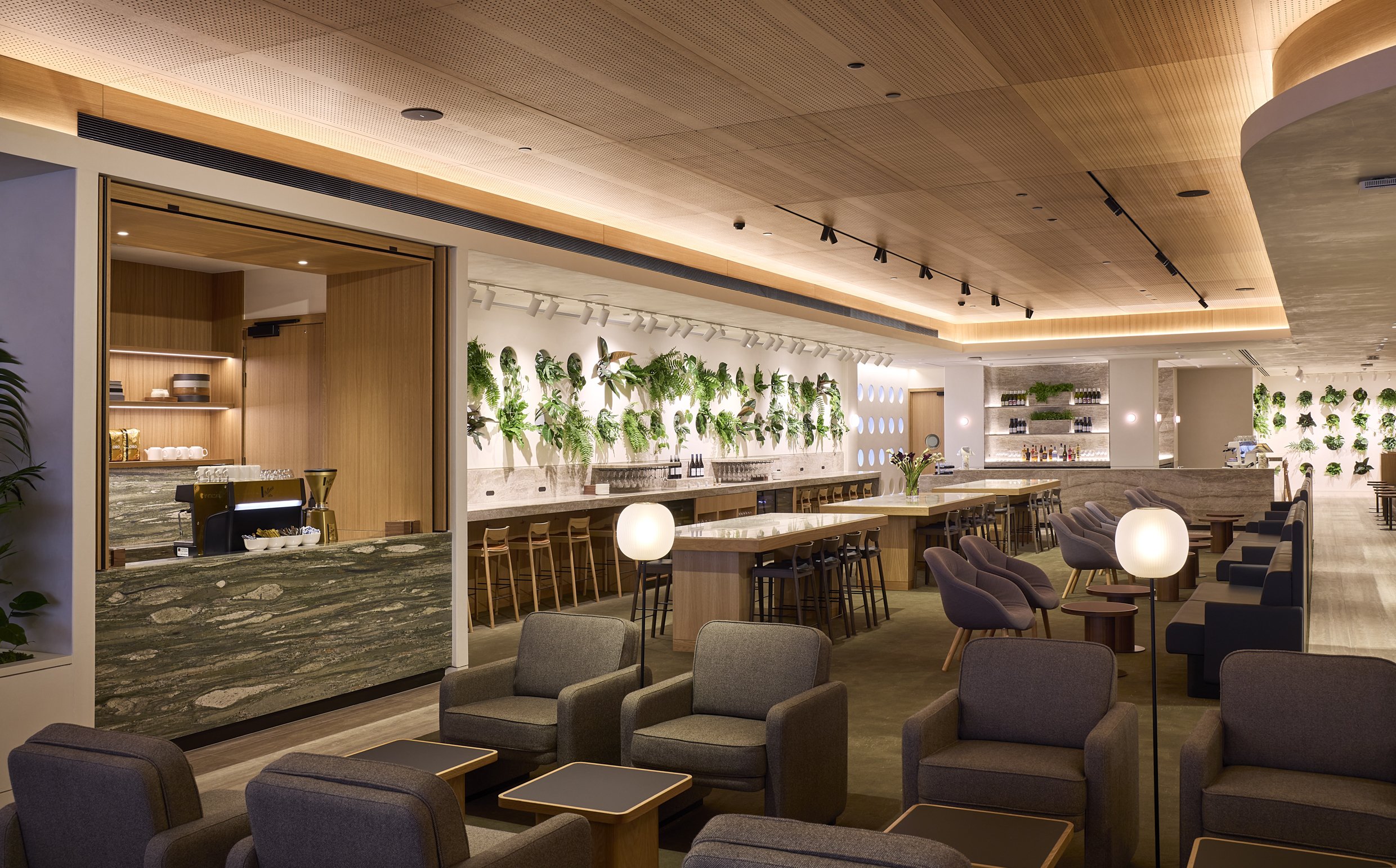Emirates Unveils New Airbus A380 and Boeing 777-300ER
Emirates has unveiled her very first new generation Airbus A380 earlier this month (Emirates' 85th Airbus A380) and the first of its generation Boeing 777-300ER is expected to be delivered in late November - these new generation aircraft will feature an upgraded Business Class seat amongst other notable features.
New Generation Airbus A380 | Photo Credit: Emirates
The new generation aircraft reflect the continued commitment and investment in a modern and yet environmentally-friendly fleet by Emirates while providing her customers with a superior level of comfort and safety. The brand new Airbus A380 on Emirates will feature a new seat configuration alongside more seats in Economy cabin following a relocation of the crew rest area. First and Business Class seats will remain at 14 and 76 respectively. Travellers will notice the taller ceiling on-board the new Airbus A380 as well as a brand new design in Business Class which promotes a more luxurious design. Overhead cabin lockers on the new A380 aircraft will be concentrated in the middles aisles and will be 28% larger in volume. These next generation A380s are expected to serve more ultra-long haul routes.
New Generation Airbus A380 | Photo Credit: Emirates
From end of November, Emirates will begin taking delivery of its new generation Boeing 777-300ER. It will be the first of six this fiscal year and 27 total on order. The new aircraft will feature enhanced Business Class seats which recline to 180-degree fully flat beds of 78 inches in length, an in-seat minibar and the largest inflight entertainment screen in Business Class at 23 inches. The aircraft will also have an upgraded seat configuration with two additional seats in Economy Class taking the total capacity in economy to 306. The number of seats in First and Business Class will remain the same at 8 and 42 seats respectively. The lavatories have also been given a fresh look with new wood finish, improved lighting and new designs on the sidewall panel. These fuel efficient aircraft are expected to have improved environmental performance with 2% lower fuel burn.











Qantas Frequent Flyer is set to undergo its most significant transformation in program history. From the introduction of Status Credit rollovers and the ability to earn status on the ground to the retirement of Points Club and Green Tier, here is everything you need to know about the new era of Qantas loyalty.